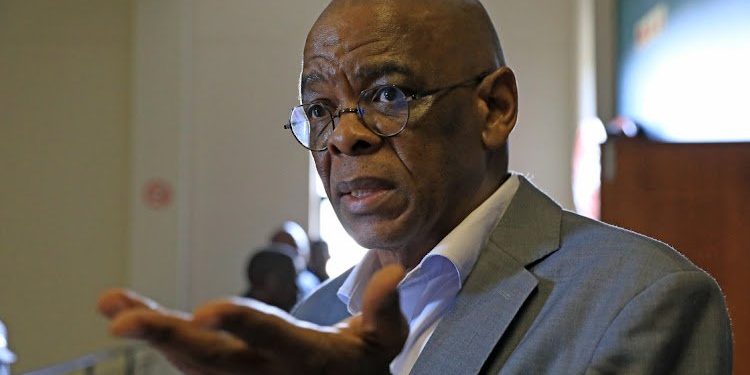The corruption trial of former Free State Premier Ace Magashule took a dramatic turn as his defense team exposed inconsistencies in the testimony of Hawks investigator Captain Benjamin Calitz, raising questions about the legitimacy of evidence central to the prosecution’s case.
Advocate Laurence Hodes SC, representing Magashule, conducted a rigorous cross-examination of Captain Calitz, focusing on discrepancies in the extradition process of Moroadi Cholota, Magashule’s former personal assistant. Cholota’s return to South Africa from abroad is a key element in the corruption and abuse of power charges against the former premier.
Hodes meticulously dissected Calitz’s account, highlighting contradictions in the timeline, legal justifications, and procedural steps taken during the extradition. The defense suggested these inconsistencies point to either significant investigative oversights or potential manipulation of facts—a challenge that could undermine the prosecution’s case.
The courtroom tension escalated as Hodes pressed Calitz on communication between international agencies, the validity of warrants, and adherence to extradition treaties. The investigator, appearing flustered, provided unclear and at times conflicting responses, giving the defense grounds to argue that procedural flaws may have tainted the investigation.
Legal observers note that such cross-examinations often prove decisive in complex corruption trials. If Magashule’s team succeeds in casting doubt on Cholota’s extradition and related evidence, it could deal a significant blow to the state’s case.
As proceedings continue, each revelation and contradiction carries weight in a trial that has become a litmus test for accountability in South Africa’s fight against high-level corruption. The outcome may hinge on whether the prosecution can recover from these challenges to its investigative credibility.






















